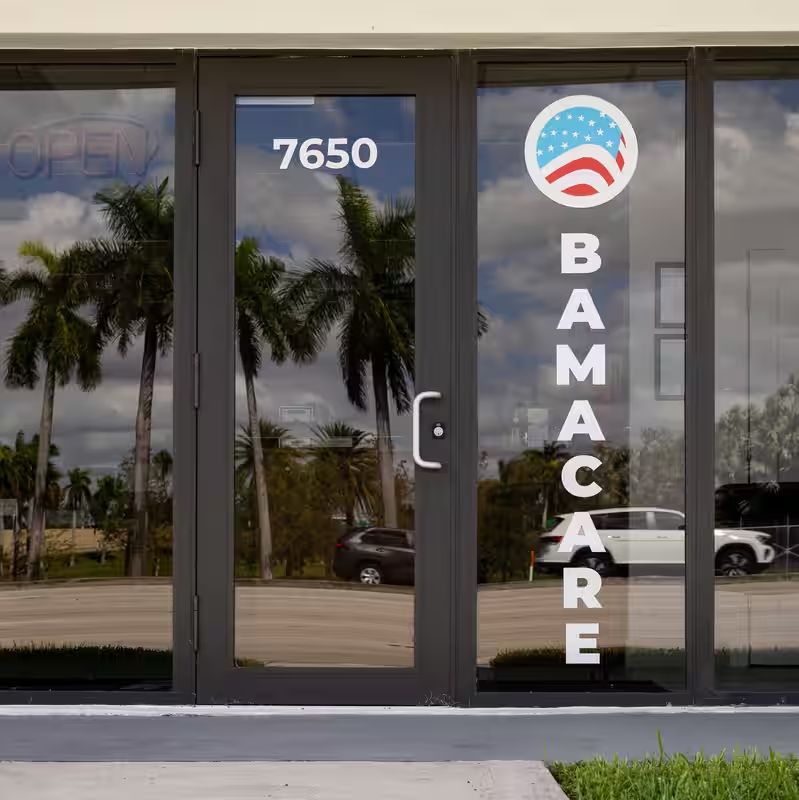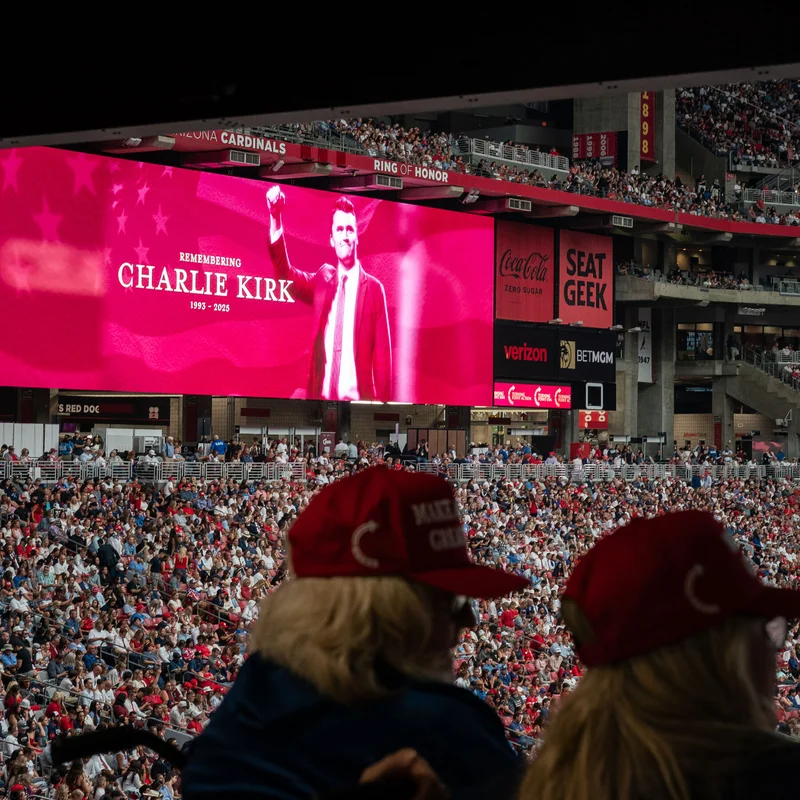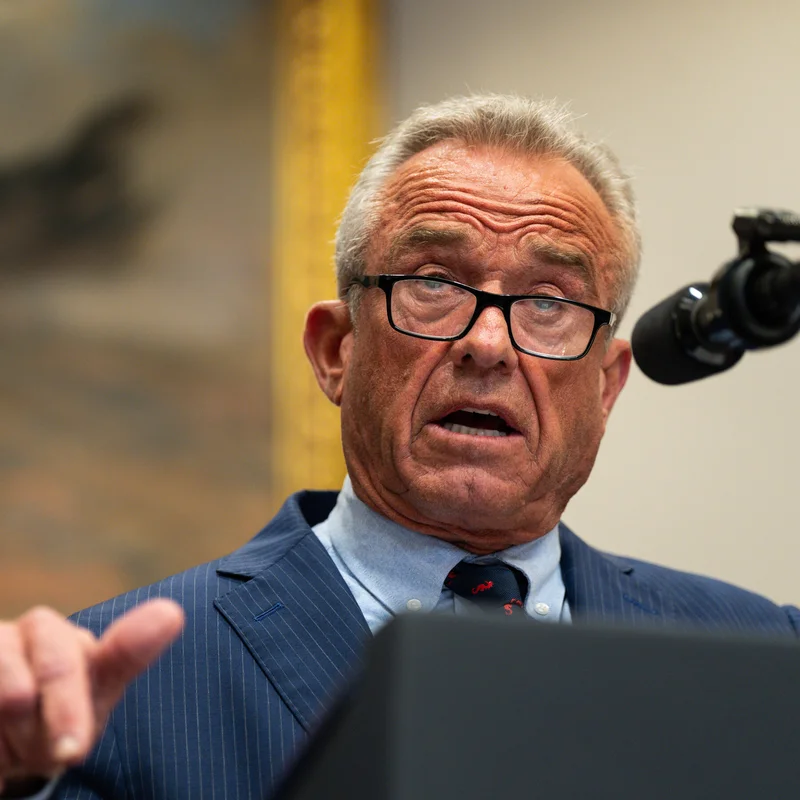Table of Contents
- The Looming Obamacare Subsidy Cliff
- Why South Florida Is Especially Vulnerable
- Real People, Real Consequences
- Congressional Inaction Fuels Uncertainty
- What Happens Next?
- Sources
Obamacare Subsidy Cliff: A National Issue with Local Fallout
Obamacare is at a crossroads—and few places feel the tension more acutely than South Florida. If Congress fails to extend pandemic-era subsidies by year’s end, millions of Americans could see their health insurance premiums double or even triple overnight. But in Miami-Dade, Broward, and Palm Beach counties, the impact won’t just be felt—it could be devastating.
These subsidies, first introduced in 2021 under the American Rescue Plan and later extended through 2025, capped premium costs at 8.5% of household income for most enrollees on the Affordable Care Act (ACA) marketplace. Without them, many Floridians would face premiums consuming 15%, 20%, or even 30% of their monthly earnings.
Why South Florida Is Especially Vulnerable
South Florida has one of the highest concentrations of ACA enrollees in the country—over 400,000 people in just three counties. Many are older, lower-income, or self-employed residents who don’t qualify for Medicaid (which Florida has not expanded) and rely entirely on marketplace plans.
“This isn’t just about higher bills,” said Dr. Elena Ruiz, a primary care physician in Hialeah. “It’s about whether patients can afford to see me next year—or skip care altogether.”
According to data from the U.S. Department of Health and Human Services, Florida leads the nation in subsidy-dependent enrollees. In Miami-Dade alone, 89% of marketplace users receive extra financial help. Let that support expire, and average monthly premiums could jump from $120 to over $400.
Real People, Real Consequences
Take Maria Lopez, 61, a freelance translator in Fort Lauderdale. She pays $98 a month for a silver plan thanks to subsidies. Without them? Her premium would soar to $472—more than her rent.
“I’d have to choose between insulin and insurance,” she said. “And I’m not alone.”
Community health centers report a surge in calls from anxious patients. At Jackson Health System, counselors are already prepping for a wave of uninsured patients if subsidies lapse.
Congressional Inaction Fuels Uncertainty
Despite bipartisan support for extending the subsidies in past years, the current government shutdown—and Speaker Mike Johnson’s refusal to bring the House into session—has stalled any legislative fix.
“We’re watching a preventable crisis unfold in real time,” said Senator Bill Nelson (D-FL), former NASA administrator and longtime health policy advocate. “South Florida can’t afford to wait.”
Republicans remain divided. Some, like Senator Marco Rubio, have signaled openness to an extension. Others argue the subsidies were always meant to be temporary. Meanwhile, the clock ticks toward December 31.
What Happens Next?
If Congress acts before year-end, insurers will adjust 2026 rates accordingly. But if nothing passes, the fallout begins January 1—with retroactive billing, coverage lapses, and emergency room overcrowding likely to follow.
State officials are exploring stopgap measures, but without federal backing, options are limited. “Florida didn’t expand Medicaid,” said health policy analyst Jamal Carter of the Urban Institute. “So when Obamacare stumbles here, there’s no safety net.”
For now, South Floridians are left in limbo—hoping lawmakers in Washington remember that policy decisions have human consequences.




